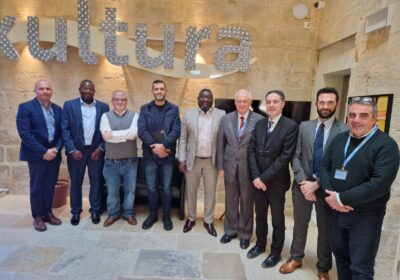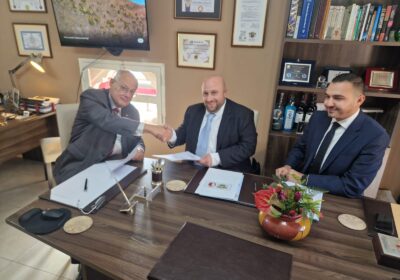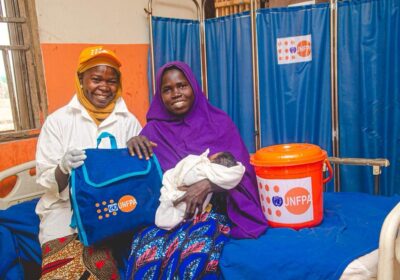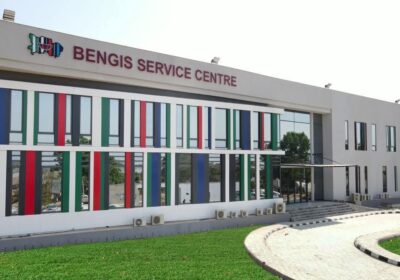ECOWAS, EU, Spain HoldPolicy Dialogue on PRISMA Gains, Priorities Agriculture in West Africa and the Sahel.
By Raymond Enoch
The Economic Community of West African States (ECOWAS) has opened a high-level Regional Policy Dialogue in Abuja Nigeria aimed at placing scientific evidence at the heart of agriculture and livestock policy-making across West Africa and the Sahel.
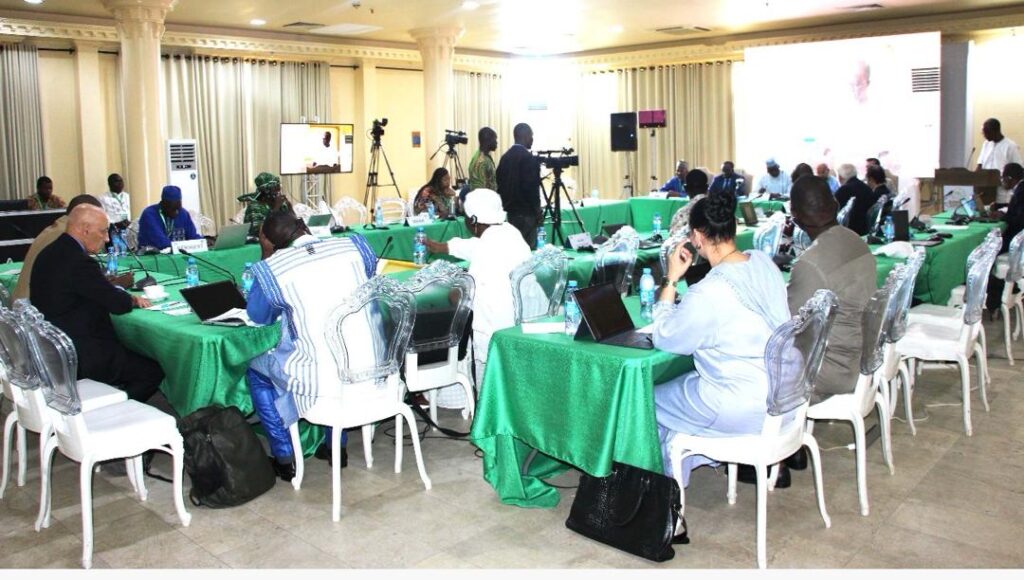
The two-day meeting, holding from 13 to 14 November 2025, is convened by the ECOWAS Commission through its Regional Agency for Agriculture and Food (ARAA), with support from the European Union (EU) and the Spanish Agency for International Development Cooperation (AECID).
The Dialogue brings together government representatives, researchers, private sector actors and development partners to review four years of implementation of the PRISMA Programme and explore how its tools, data and innovations can be integrated into national and regional policies to strengthen livestock systems, improve food safety and build resilience for vulnerable agro-pastoral communities.
Welcoming participants on behalf of the host government, Director of the Technical Office of the Permanent Secretary, Federal Ministry of Livestock Development, Dr. Peter Alike, reaffirmed Nigeria’s commitment to a coordinated regional response to pastoral resource scarcity, poor feed quality, climate shocks and emerging zoonotic threats.
In a context of rapid population growth and rising demand for animal products, he stressed that aligning national strategies with robust regional scientific evidence is “essential to safeguard food and nutrition security and to build more resilient livelihoods for farmers and pastoralists.”
Speaking for the ECOWAS Commission, Acting Executive Director of ARAA, Mr. Konlani Kanfitin, said the Dialogue marks a decisive shift “from research findings to policy action.”
“PRISMA is one of the most comprehensive programmes currently supporting transformation in the agro-pastoral sector,” he noted. “This Regional Policy Dialogue allows us to consolidate lessons learned, identify realistic policy options, and work with Member States to scale up innovations tested on the ground, so that they become part of national policies and regional strategies.”
On his part, the Acting Country Director of Enabel in Niger Republic, Mr. Elmounzer Ag Jiddou, underscored the importance of sustained, evidence-based cooperation.
“Over the past four years, PRISMA has generated tools, methodologies and scientific evidence that can directly inform decision-making,” he said. “The real measure of success will be our collective ability to institutionalise these results so they are used by policymakers, service providers and local actors well beyond the lifetime of the programme.”
General Coordinator of the Spanish Cooperation with ECOWAS, Mr. Santiago Ormeno Garcia, reaffirmed AECID’s long-term partnership with the region, saying PRISMA has demonstrated that strong collaboration between research institutions and communities can yield practical solutions that improve animal health, feed quality and public health outcomes.
“The Spanish Cooperation remains committed to supporting ECOWAS in sustaining these efforts, strengthening advocacy, and ensuring that the knowledge generated continues to guide policies at national and regional levels,” he assured.
Over the course of the Dialogue, participants are reviewing advances in pastoral resource mapping, livestock feed governance and traceability, drought-risk insurance and strategies to reduce aflatoxin contamination in feed and milk. They are also focusing on documenting and sharing lessons learned, identifying priority policy measures for Member States, and agreeing mechanisms for integrating PRISMA results into national planning frameworks and ECOWAS agricultural policies in a sustainable way.
The meeting will culminate in the adoption of a regional roadmap detailing how PRISMA innovations and policy recommendations will be propelled through national reforms, regional harmonisation and targeted advocacy and communication. The roadmap is expected to enhance coordination among governments, technical agencies and development partners, while keeping the voices and needs of producers and pastoral communities at the centre of decision-making.
By leveraging scientific evidence and field experience to inform policy choices, the Abuja Regional Policy Dialogue reinforces ECOWAS’ commitment to agricultural transformation, improved food and nutrition security, and the realisation of ECOWAS Vision 2050 for a safer, more resilient and more prosperous West Africa.
The ECOWAS PRISMA Project is a flagship research and innovation initiative designed to transform agro-pastoral systems in West Africa, particularly in Niger, Burkina Faso and Mali. It focuses on better pastoral resource management, increased access to quality livestock feed and reduced zoonotic diseases in the dairy sector, while ensuring that research findings are effectively communicated to policymakers and local stakeholders to shape responsive national and regional policies.






